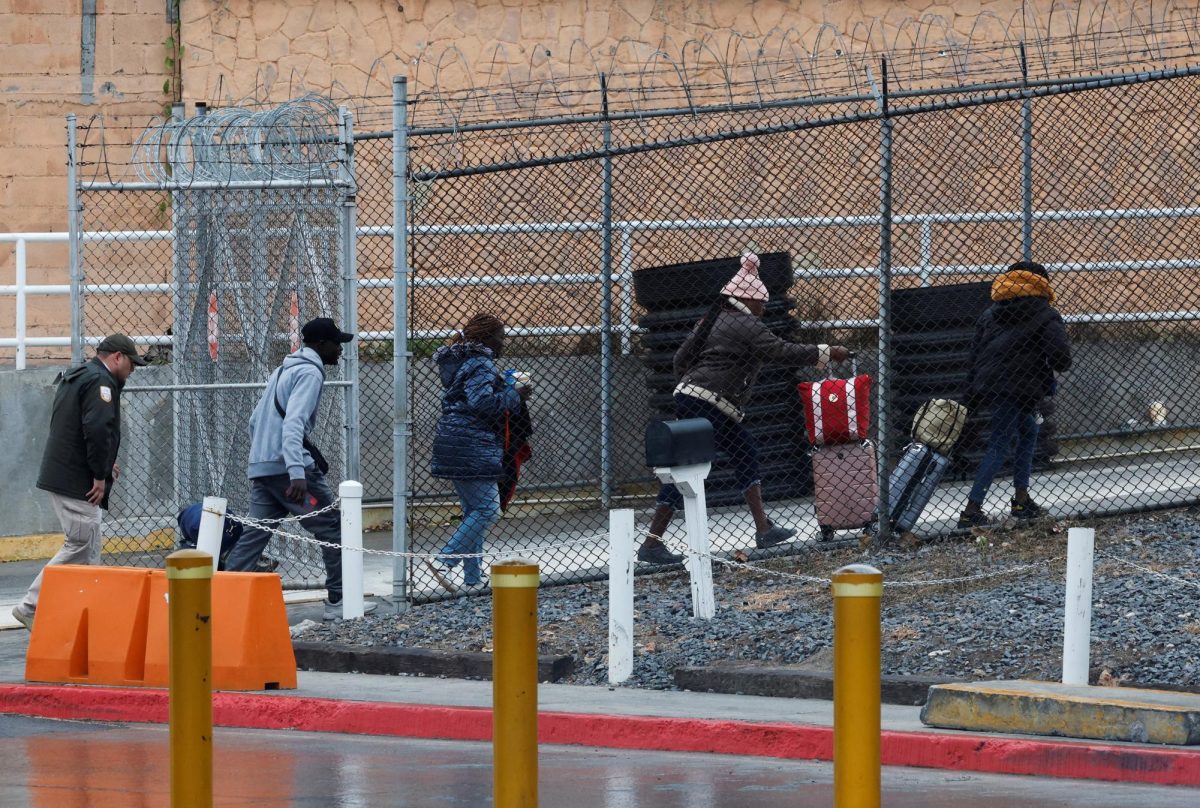In the realm of education, the role of parents is often a topic of heated debate. While parental involvement is crucial for the development of students, concern over crossing boundaries grows, particularly in interactions with teachers and their children’s autonomy. The extent and nature of this involvement have evolved dramatically, raising a critical question: has parental involvement in high schools, particularly between teachers and their children, gone too far?
Traditionally, parents were seen as supporters and facilitators, while teachers were entrusted with the students’ academic and, to some extent, personal development. However, this dynamic has shifted, with some parents adopting an almost intrusive role in the educational process.
One of the primary areas of concern is the increasing tendency of parents to intervene directly in their children’s academics. This can range from questioning teachers’ grading systems to contesting disciplinary actions or influencing curriculum choices.
At Clayton, parents can override teacher recommendations to place their children in higher-level classes, potentially placing them in classes where they are not properly equipped to handle the courseload or don’t have the necessary class history to succeed. In sixth grade, students are separated into advanced and standard math classes based on their former teacher’s recommendations.
When parents disagree with their children’s placement, many override the decision and place them in advanced classes.
While this jump in middle school may seem relatively small, poorly prepared students often fall behind, and many struggle for years to catch up.
In high school, this jump is magnified as the complexity of the curriculum intensifies.
Advanced courses in high school cover a wider range of topics at a rapid pace, expecting a solid foundation from earlier years.
Students who were prematurely advanced without the necessary background knowledge find themselves grappling with the current material and filling gaps in their understanding from previous years.
Moreover, the rise of digital communication and grading has facilitated constant contact between parents and teachers, further blurring the lines of appropriate involvement. Parents get notifications the second grades are put in, and large assignments can lead to a flurry of emails. While it is important to reach out to teachers, these emails should largely be written by the students themselves.
However, parental involvement, when done properly, can be immensely beneficial. It can lead to more personalized educational experiences and help identify and address issues such as learning disabilities or social challenges early on.
A study from researchers at the Johns Hopkins University Center on School, Family, and Community Partnerships showed an increased percentage of students of students scoring at or above proficiency on standardized math tests.
Additionally, a research summary by the National Literacy Trust showed parental involvement with reading activities positively impacted reading achievement, language comprehension, and expressive language skills, as well as students’ interest in reading, attitudes toward reading, and level of attention in the classroom.
Dana Augustine, AP Language and Composition teacher, addresses these issues through a new lens, now as a new mother.
“I think when parents are very involved, there’s a level of fear behind that, that the kid is going to be falling behind, there’s just a level of fear,” Augustine said. “So that’s how I tried to approach those interactions knowing that the parent is probably just nervous, anxious, worried about their child. I try to reassure and give them the information they need and also let them know that I’m here for them too. I’m here for, obviously, my job is to teach their children, but we’re all in this together.”
Engaged but not overbearing parents contribute positively to their child’s educational journey and overall well-being.
The ultimate goal should be to prepare students for the future, equipping them with the skills to navigate challenges independently. Parents and teachers operating together provide the best path to reach this goal. Thus, while parents’ intentions are often noble, they must be tempered with an understanding of the long-term implications of their involvement.
Whether parental involvement in high schools has gone too far is not straightforward. While there are instances where parental intervention can be deemed excessive, painting all parental involvement with the same brush would be unreasonable to those who contribute positively to their children’s education. What is crucial is fostering an environment of collaboration and respect between parents, teachers and students. Striking this balance is essential for nurturing well-rounded, resilient, independent learners ready to take on the world beyond high school.



















